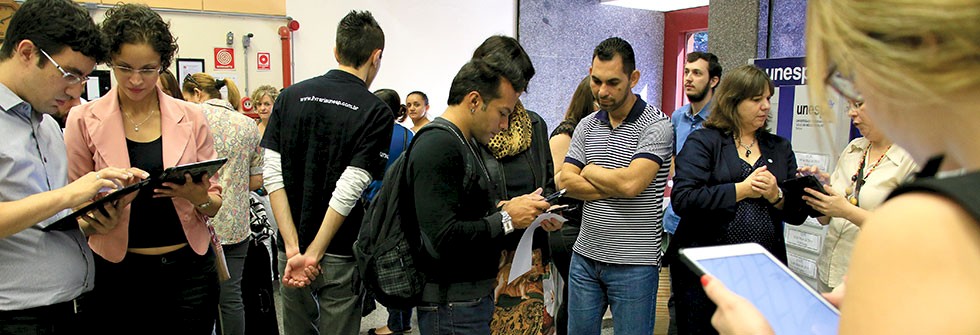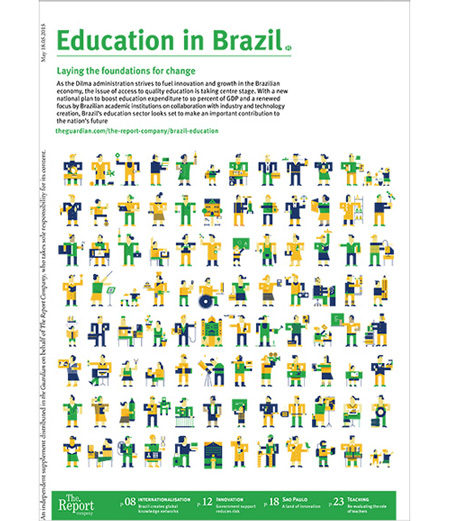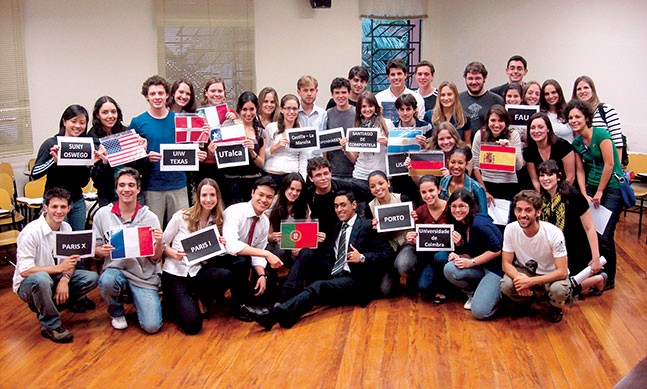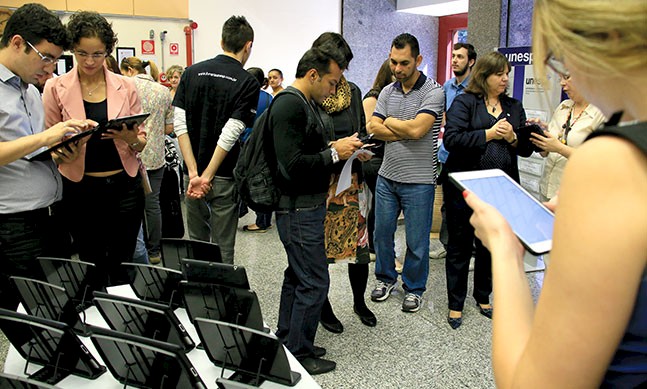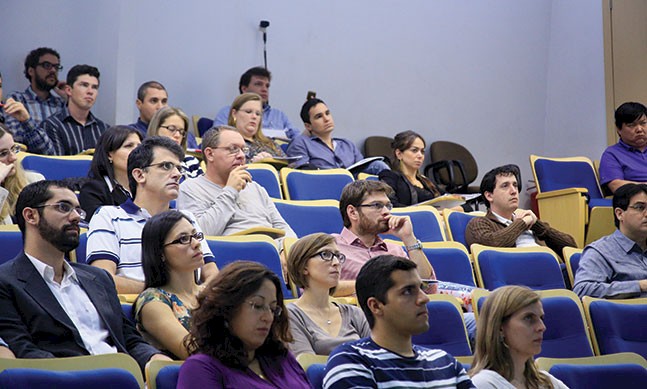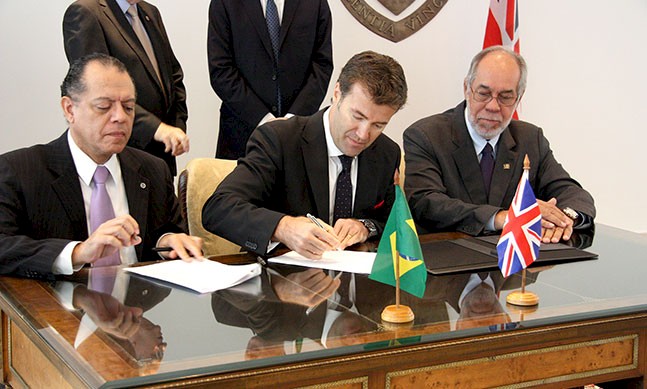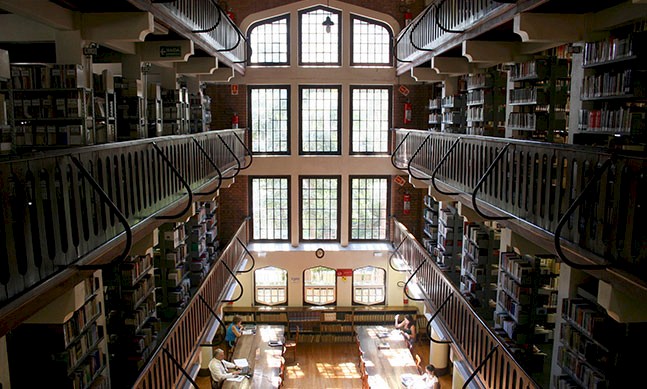Brazil’s most traditional universities are increasingly aware of the need to modernise to compete with the private sector and international institutions alike.
The boom in private universities has forced the traditionally conservative and inert non-profit sector to revise their own structures and methods, embrace technology and open themselves up to greater international collaboration. The likes of USP and UMESP may have built their reputations on pure research, but competition and greater international participation by their students has asked searching questions of even the most revered institutions
“We are engaging with new technology tools that will allow us to last another 140 years”
Marcio de Moraes Rector of UMESP
Post This“These kids come back from abroad to something they don’t recognise anymore”, says CNPq president Hernan Chaimovich of the Science without Borders programme. “There, they didn’t simply sit for eight hours a day listening to a teacher, they had entirely different experiences that showed they can work better with fewer classes without their proactivity being diminished.” More than mere exchanges, stronger international ties can act as a multiplier of knowledge and resources, and such links that are invaluable to help sharpen the competitive edge of non-profit universities.
Change can sit uneasily in this conservative world, however, and some professors are wary of new technology, although Marcio de Moraes, rector of UMESP, believes this need not be the case: “Technology is a challenge that should always be handled with a great level of care. What has helped us is the fact that we started offering distance classes in 2006. Somehow, this process demanded the professors lose their fear of technology.”
“We expect to expand from 37 to 103 distance-learning courses by the end of the year”
Luciano Sathler Director of distance education and innovation of UMESP
Post ThisReligious education institutions like the Mackenzie Presbyterian University have also been reinvesting determinedly in their infrastructure to keep up. Mackenzie’s rector, Benedito Neto, may be in no doubt that “only a few private universities concern themselves with quality”, but while there is little threat in terms of reputation to the traditional universities, their modern approaches nevertheless demand attention.
Ibero-American collaboration
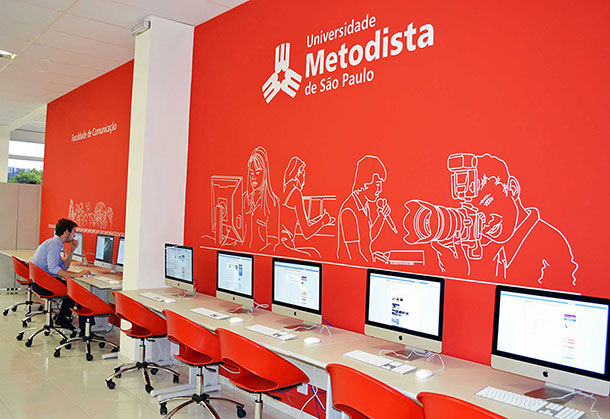 Photo: Maristela Caretta
Photo: Maristela Caretta
Universia is the world’s largest network of Spanish and Portuguese-speaking universities. Sponsored by Santander Bank, the massive open online course (MOOC) compiles content from 1,345 institutions across 23 countries, making it available to over 18 million higher education students and teachers in a bid to democratise knowledge and enhance social development.
With 305 universities, Brazil has comfortably the highest number of institutions under the Universia banner, and Rio de Janeiro held the quadrennial international meeting of Universia rectors last year. Addressing the changing demands of higher education and new educational methods, the group’s late president Emilio Botin highlighted the need for international collaboration to find answers to the sector’s complex future. Botin, whose daughter now pursues his vision, described digital integration as a “challenge of the highest order for universities.”


